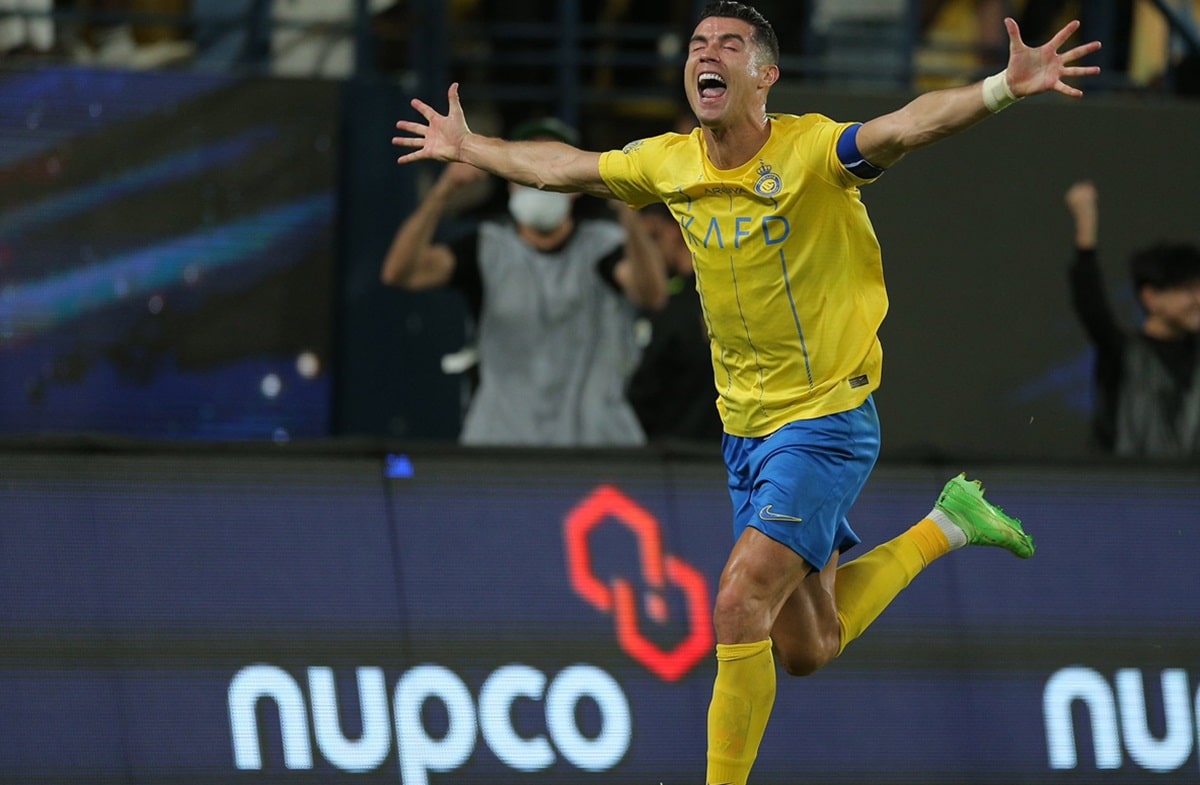Saudi Sport Sector Targets $4.8bn GDP Boost By 2030; Deloitte Identifies 4-step Approach For Privatised Clubs

Saudi Arabia has targeted sports clubs with boosting GDP contribution to SR18bn ($4.8bn) by 2030 and is seeking private sector support in achieving goals.
As the Kingdom accelerates its drive to privatise sports entities, Deloitte Sports Business Group has released a new study offering critical insights for potential sports club owners and a roadmap toward sustainable, profitable ownership.
The study reveals a four-phase approach aimed at transforming clubs from operational entities into commercially successful enterprises, starting with a crucial “First 100 Days” strategy.
Saudi sport club privatisation
Designed to equip new owners with actionable steps to establish corporate structures, governance and financial stability, the approach effectively provides a growth trajectory for long-term success.
In recent years, Saudi Arabia’s investment in sports has been significant, marked by high-profile acquisitions by the Kingdom’s Public Investment Fund (PIF) of clubs like Al Hilal, Al Nassr, Al Ittihad, and Al Ahli, along Saudi Aramco’s acquisition of Al Qadisiyah Club and Diriyah Gate Development Authority’s acquisition of Diriyah Club.
These investments align with Vision 2030’s broader goal of economic diversification, aiming to make sports clubs financially independent and increase the sector’s contribution to the Kingdom’s GDP, from SR2.4bn ($640m) in 2016 to an estimated SR18bn ($4.8bn) by 2030.
Izzy Wray, Middle East Leader of the Sports Business Group, said: “The privatisation of Saudi sports clubs marks a significant shift in the industry, presenting major growth opportunities.
“The comprehensive club transformation plan enables new owners to establish strong governance, achieve commercial success, and develop world-class sports entities.
“Deloitte’s framework offers a clear roadmap, ensuring that these investments achieve both financial success and meaningful cultural and community impact.”
The Deloitte study highlights the Middle East’s growth trajectory, with Saudi Arabia driving the regional sports boom. With an expected market growth of 8.7 per cent by 2026, surpassing the global average of 3.3 per cent, the Kingdom presents attractive opportunities for investors exploring the sports sector.
Deloitte identifies a young, digitally adept Saudi population, with 63 per cent of nationals under the age of 30, as a key demographic for sports engagement. This dynamic fanbase is likely to fuel demand for immersive experiences, digital interactions, and gamified sports content.
The Deloitte framework outlines a four-phase model for new sports club owners:
- Control
- Build
- Operate
- Transform
In the critical first 100 days, owners focus on establishing governance, financial and risk controls, and key personnel.
Subsequent phases emphasise operational efficiency, tailored business planning, and profitable growth. Long-term transformation, driven by adaptability and market trends, enables clubs to maintain success and remain competitive.
Together, these steps guide Saudi club owners toward creating commercially viable and culturally impactful sports organisations that would appeal to the global audiences.
Privatisation is considered a key component of Saudi Arabia’s ambition to elevate its Saudi Pro League to the level of major European leagues.
The study emphasises the economic and social advantages of this initiative, including attracting international investors, boosting local economic growth, and fostering a more vibrant sports culture across the region through the creation of commercially viable sports entities.
The Saudi government’s recent approval for the privatisation of 14 additional clubs further demonstrates its commitment to professionalising the sports sector.
These efforts align with plans for state-of-the-art stadiums and major events like the 2027 AFC Asian Cup and the 2034 FIFA World Cup, promising a bright future for Saudi sports.
For sports investors, this historic transformation offers a dual opportunity: potential economic returns and a role in advancing Saudi Arabia’s broader Vision 2030 objectives.
NEOM: Saudi Arabia Postpones 2029 Asian Winter Games
Saudi Arabia and the Olympic Council of Asia have agreed to postpone the 2029 Asian Winter Games planned to take place ... Read more
NBA Deepens Its Ties With Abu Dhabi With A Long-term Agreement Renewal
A multi-year extension of the deal will include the creation of an NBA Global Academy in the UAE capital, and the hosti... Read more
McIlroy Eyes Fifth Title In 20th Anniversary Of Playing The Hero Dubai Desert Classic
“It’s a lot of great memories in Dubai. I’ve met great people along the way. Honestly, I’ve always felt like it... Read more
UAE Team Emirates XRG Partners With Sleep Tech Firm Eight Sleep Ahead Of 2026 Season
The partnership will be rolled out during pre-season testing and extend across the 2026 racing calendar, covering both ... Read more
Esports World Cup 2026 Unveils $75m Prize Pool And Full Competition Lineup
The world’s largest esports event returns to Riyadh this summer The post Esports World Cup 2026 unveils $75m prize po... Read more
Emirates Tees Up Six-year Return To Dubai Desert Classic
Dubai-based carrier Emirates renews long-running partnership with the Middle East’s oldest golf tournament The post E... Read more

